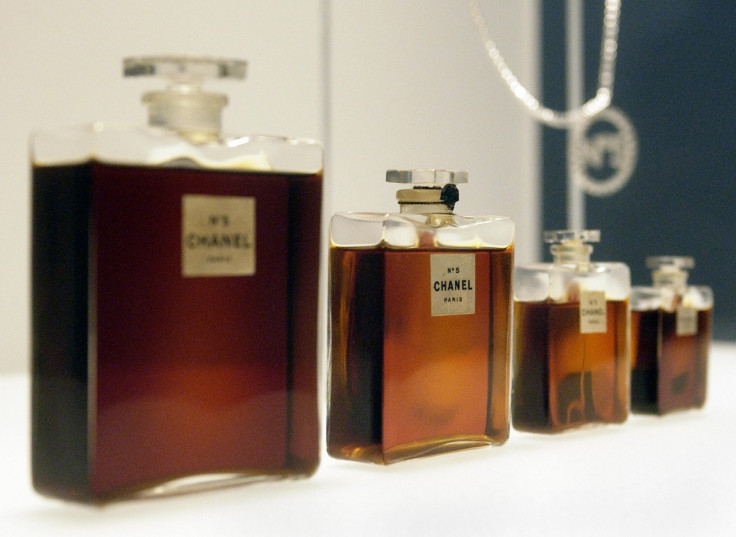Iconic Chanel No 5 Perfume to Reformulate Over New EU Rules on Allergy-Risk Ingredients

The iconic perfume that Marilyn Monroe famously wore to bed - with nothing else - may be reformulated under new European Commission regulations.
The new legislation is aimed at protecting consumers from allergies and both Chanel No 5 and Dior's Miss Dior contain oak and tree mosses which may be banned under the proposed rules.
Chanel No 5 has been on the market for over 90 years and is the world's best-selling perfume, with a bottle sold every 30 seconds.
Chanel No 5 combines jasmine, rose, sandalwood and vanilla with other notes. It is said that when Gabrielle "Coco" Chanel sprayed perfume around her table in a Parisian restaurant in 1921, passers-by stopped to ask what the fragrance was.
The European Commission is targeting the perfume industry to protect a "small group" of allergy sufferers. The new rules could limit the use of 12 ingredients which are common in the most popular perfumes, including citral, eugenol and atranol.
Other ingredients expected to be banned by the Commission include chloroatranol, oak moss and tree moss - which are found in their original forms in scents. HICC, a synthetic molecule which replicates the scent of lily of the valley, will also be banned.
"We understand that drastic reductions in the authorised concentrations of these ingredients would have created major disruptions to the industry," David Hudson told the Telegraph, spokesman for consumer policy at the Commission.
"We understand that drastic reductions in the authorised concentrations of these ingredients would have created major disruptions to the industry," he added.
Various brands, such as Chanel, Hermes, Dior and Guerlain, will be required to change the formulas of their perfumes to comply with the new regulations. Perfume houses are searching for synthetic varients of the potentially allergen-causing ingredients.
"Adapting is a challenge but it is precisely the talent of our 'nose' to be able to preserve the qualities and olfactive (scent) identity of our perfumes while also taking into account new regulatory constraints," a Chanel spokesperson told the Independent.
The proposal has angered smaller perfume companies who will suffer the effects of the extra costs of developing new formulas.
The rules have undergone a public consultation over a period of 12 weeks and the results are expected to be published around July. Member states are set to vote on the proposal in August.
© Copyright IBTimes 2025. All rights reserved.






















